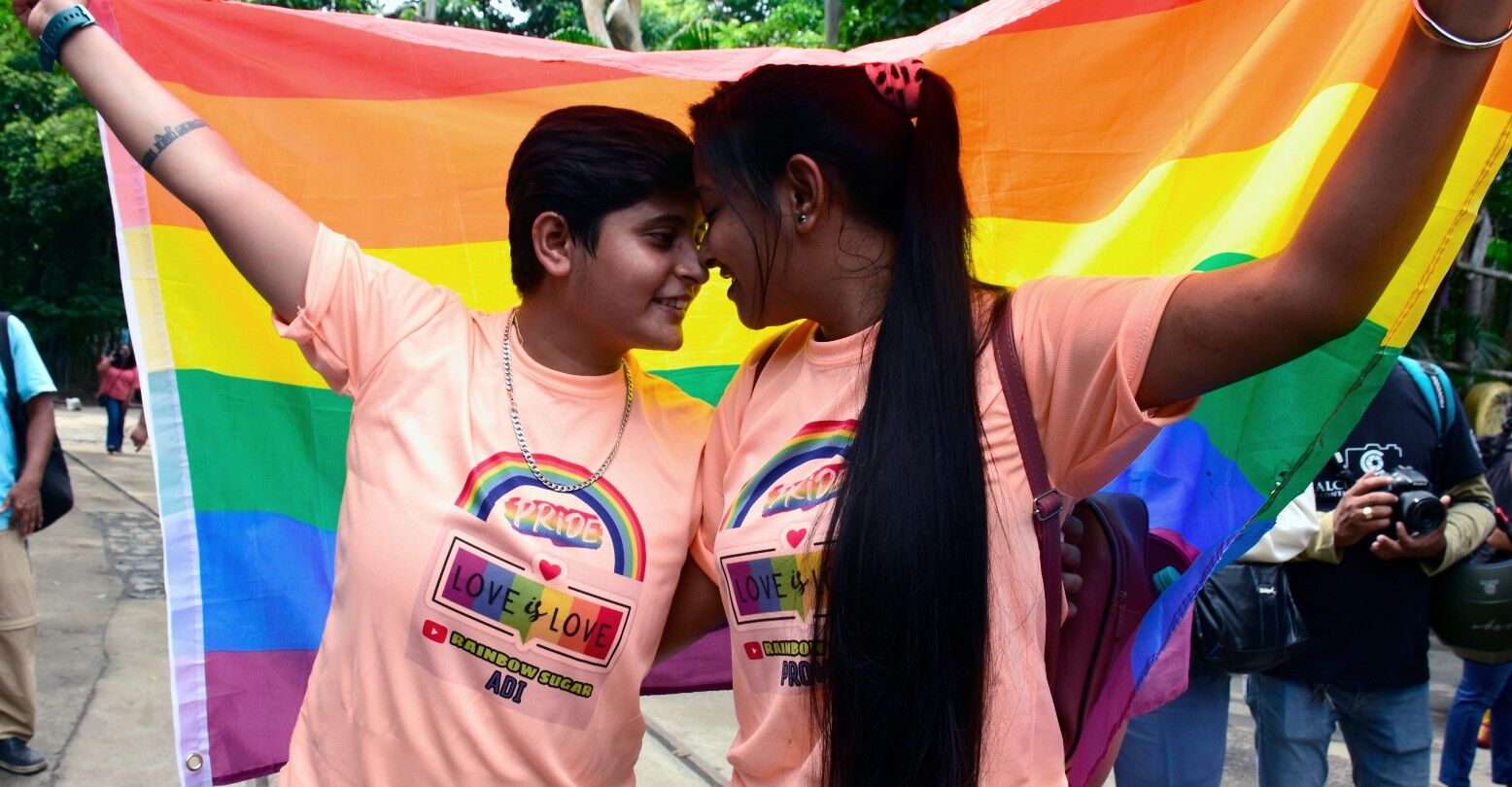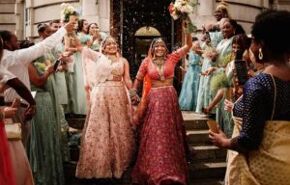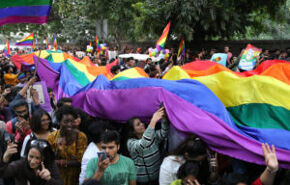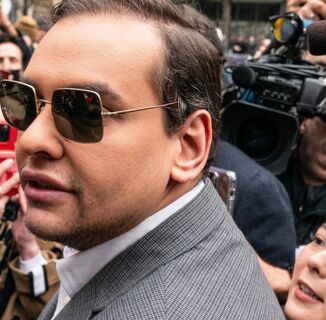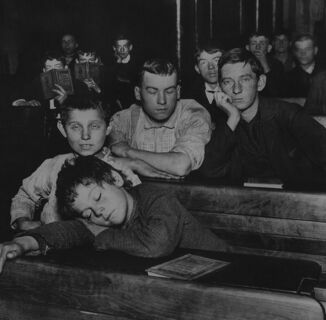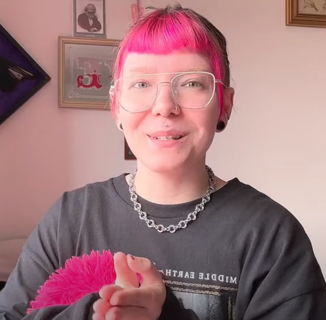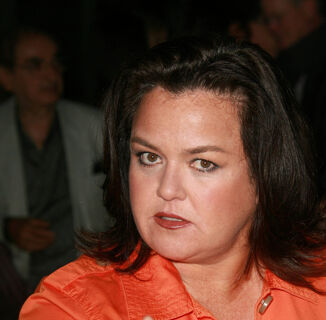India’s highest court has delivered its long-awaited decision about recognizing same-sex unions. To the disappointment of many, it has dodged making a ruling. Its Chief Justice states that it’s up to the Indian Parliament to legislate for same-sex marriage, not the court.
A five-judge bench had been considering 20 petitions asking it to rule on same-sex marriage. Hearings took place between April and May.
The petitions wanted the court to amend the country’s 1954 Special Marriage Act, which allows civil unions between people of different religions.
Although declining to rule on marriage, Chief Justice DY Chandrach did state that queer people should not be discriminated against and urged the government to uphold LGBTQ+ rights.
Chandrach noted marriage laws had evolved over the years, but as legislated by lawmakers.
“This court can’t make law. It can only interpret it and give effect to it,” Chandrach said. Although two of the judges wanted to rule in favor of recognizing same-sex marriage, three said it was beyond their scope.
“Queerness is not urban elite”
India is the most populated country in the world, with around 1.4 billion citizens. The latest Supreme Court ruling follows a decision in 2018 to strike down a colonial-era law banning gay sex.
According to Reuters, India Prime Minister Narendra Modi’s government had spoken out against the petitions to the Supreme Court. It blasted calls for same-sex unions as “urban elitist views,” adding that such marriages are not “comparable with the Indian family unit concept of a husband, a wife, and children.”
However, in its summing up, the Supreme Court said LGBTQ+ rights are not an urban concern only.
“Queerness is not urban elite. Homosexuality or queerness is not an urban concept or restricted to the upper classes of the society,” Chandrach said.
Although decling to rule on same-sex marriage, there were positives from today’s announcement. The Supreme Court ruled that trans people have the right to marry under existing law; and same-sex couples have the right to adopt, as do unmarried couples. Until now, queer people could only adopt a child as an individual.
The court also said police should provide protection to same-sex couples who complain of harassment.
Aakar Patel, Chair of the Board at Amnesty International India, called the court’s decision an “historic missed opportunity”
“All people, regardless of their sexual orientation or gender identity, should be able to enjoy the full range of human rights, including the right to marry,” Patel continued in a statement.
“At the same time, the ruling on ending all discrimination against same-sex couples and expanding their rights is a positive step that sends a clear message to the Indian government that its laws on same-sex marriage are in urgent need of reform.
“Today’s verdict must be the springboard for the Government to initiate a thorough review and overhaul of all laws, policies and practices that discriminate based on sexual orientation, gender identity and intersex status.”
Related:
Queer Muslim Couple’s Joyous Wedding Photos Go Viral
“I don’t think you can understand the gravitas of a visibly Muslim mother at her queer child’s wedding and being happy about it.”
A Trans Candidate Just Won a Huge Victory in India
Bobi Kinnar just became the first transgender councilor for a major Delhi municipality.
Help make sure LGBTQ+ stories are being told...
We can't rely on mainstream media to tell our stories. That's why we don't lock our articles behind a paywall. Will you support our mission with a contribution today?
Cancel anytime · Proudly LGBTQ+ owned and operated
Read More in Impact
The Latest on INTO
Subscribe to get a twice-weekly dose of queer news, updates, and insights from the INTO team.
in Your Inbox

